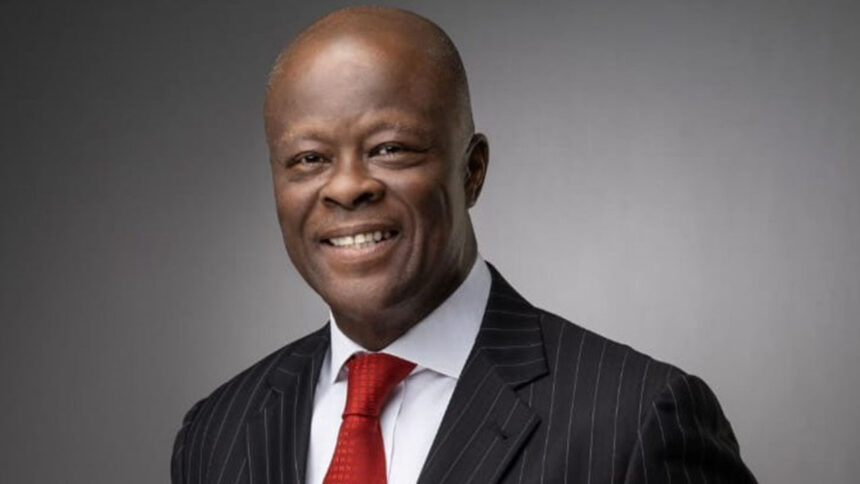The Minister of Finance and Coordinating Minister of the Economy, Mr. Wale Edun, has stated that cooperation and determination are needed to ensure the effective implementation of the Supreme Court judgement on local governments’ financial autonomy.
Edun revealed that during the last Federation Account Allocation Committee (FAAC) meeting, it was agreed that there should be more consultations between the federal, state, and local governments on the developmental needs at the grassroots level.
Speaking at the Agora Policy Conversation on Tuesday in Abuja, themed “Local Governance Reforms a Year after the Supreme Court’s Ruling,” Edun added that during one of his visits to the National Assembly, he was informed that a subsisting law on local government financing existed even before the Supreme Court’s ruling on the issue.
He noted that the development of the grassroots—which the local governments represent—is a key priority for the Federal Government, as outlined in the Human Capital Opportunities for Prosperity and Equity (HOPE) programme, a World Bank-backed initiative aimed at improving education, healthcare, and governance outcomes across Nigeria.
ALSO READ: CBN retains key monetary policy parameters
In his goodwill message, Victor Muruako, Executive Chairman of the Fiscal Responsibility Commission (FRC), said the financial autonomy granted to local government areas (LGAs) empowers them to deliver essential services—education, healthcare, rural infrastructure, agricultural support, and economic empowerment—more effectively.
“However, autonomy comes with great responsibility, and the FRC is poised to support Local Government Councils with the appropriate fiscal responsibility framework to enable them discharge these responsibilities. The Fiscal Responsibility Act (FRA) mandates the FRC to provide encouragement and technical support to states and local governments to adopt fiscal responsibility rules and enact fiscal responsibility laws or bye-laws similar to the FRA. Accordingly, I passionately urge all local governments in Nigeria to begin the implementation of their autonomy with clear commitments to fiscal transparency, accountability, and prudence,” Muruako stated.
In his welcome address at the Second Policy Dialogue on Local Governance Reforms: A Year After the Supreme Court’s Ruling, the Chair of Agora Policy, Ojobo Ode Atuluku, said the Supreme Court’s landmark judgement affirming the constitutional autonomy of local governments was not merely a legal milestone, but a reaffirmation of the principle that local governance must be closer to the people, more transparent, and more accountable.
“In our usual way of improving public policy and governance through evidence-based research, policy dialogues, and capacity building, Agora Policy immediately swung into action. By 9th August 2024, just a month after the judgement, we had published an Agora Policy Note and urged structural reforms beyond legal rulings to empower LGAs as effective democratic institutions,” Atuluku stated.
She added, “If we are truly committed to restoring the promise of local democracy, then we must pursue a root-and-branch reform of our local governance system—going beyond legal pronouncements to dismantling entrenched patronage, overhauling compromised electoral structures, and rebuilding local councils as transparent, accountable, and citizen-driven institutions.”
As a policy think tank, Atuluku said Agora Policy is committed to evidence-based reform and inclusive governance, and its goal is to provide a platform for frank dialogue, policy learning, and cross-sector collaboration.
WATCH TOP VIDEOS FROM NIGERIAN TRIBUNE TV
- Relationship Hangout: Public vs Private Proposals – Which Truly Wins in Love?
- “No” Is a Complete Sentence: Why You Should Stop Feeling Guilty
- Relationship Hangout: Friendship Talk 2025 – How to Be a Good Friend & Big Questions on Friendship
- Police Overpower Armed Robbers in Ibadan After Fierce Struggle






